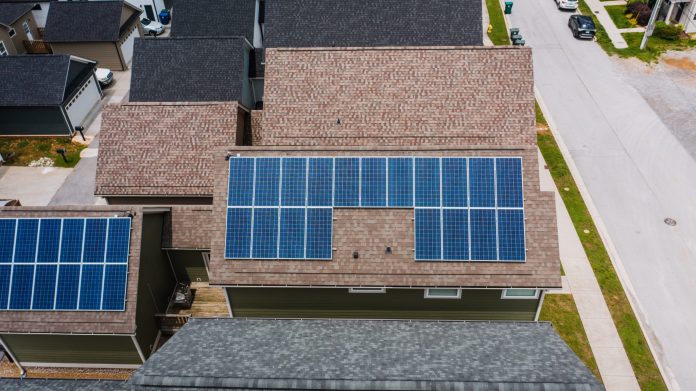The Czech government’s proposed cut in subsidies for solar power sparked heated debate, as the move would undermine investor confidence and could also breach EU law, according to Euractiv.
The Czech Republic plans to retroactively cut subsidies for grid-connected photovoltaic power plants in 2009 and 2010, which have long received significant financial support. Measures presented by Finance Minister Zbyněk Stanjura include introducing individual controls on the internal rate of return (IRR) of such plants.
Stanjura added that solar power plants built in 2009 and 2010 were “financially overcompensated” and that the measures would save taxpayers money. However, The Czech Solar Association notes that support for renewable energy has already been cut ten times, most recently in 2021. The association also claims that the Czech government said in 2021 that there would be no further changes, according to executive director Jan Krčmář.
Breaking a given promise is a very worrying signal for current operators of renewable energy sources and investors in all other sectors. It leads to a loss of trust in the functioning of the rule of law in the Czech Republic and the stability of the Czech business environment.
In 2017, the European Commission analysed solar subsidies for Czech solar power plants connected in 2009 and 2010 and concluded that the support was not excessive.
In addition to the goal of saving taxpayers money, the Czech government argues that it needs to allocate funds to cover the costs of the massive floods that hit the country in September. The devastating floods caused widespread damage and require significant financial resources to rebuild.
As the Czech Republic is forced to increase the share of renewable energy sources, reducing support for solar power could hinder progress towards the 2030 target of 30 per cent, Ondřej Pašek, an energy expert at Hnutí DUHA-Friend of the Earth Czech Republic, stated.
Jeopardising the operation of photovoltaic plants and unsettling investors in renewable energy means slowing down our transition away from fossil fuels. The damage caused by such an approach will be significant not only for the state budget but also for every household and our children. A short-term attempt to save money could backfire.
